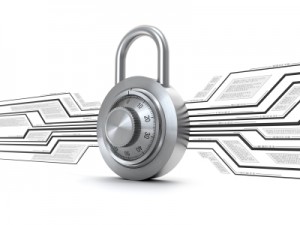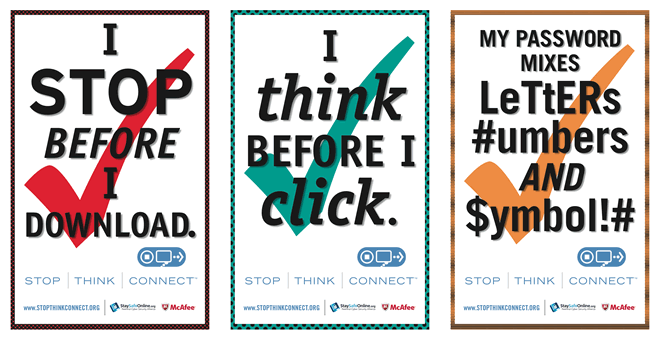Trust is probably the highest valued asset of our life. You cannot easily put your trust on someone you never knew before, especially when there are lots of people today who would do everything they can do to get your personal information. You are not the only one who can access your information. Whether you are visiting an exotic place in Asia or just staying at your home, there are probably people who watch over your backs.
The best way to counter it? Start with changing your browsing habit. Instead of typing the less-secure HTTP, you can try encrypting your browsing activities by using the HTTPS or VPN. Both of these options will help you encrypt your web activities . If you are more interested in clearing your browsing tracks, there are plenty of tools out there you can use to get rid all invisible trackers and block spying ads.
What about your smartphones? Well, you should be more gratitude because mobile developers always put their best efforts to ensure your information stays where you want it to be. It means they do their best to keep your information from going to hackers in Asia (for example), unless you want it. Most chat and text applications are now equipped with the latest, built-in encryption technology to ensure that it would be you and your interlocutor(s) who know your conversation. Some of them even come with self-destructing messages to keep eyes away from sneaking a peak into your conversation and another screenshot-proof feature to keep people from taking images of your conversation. With lots of mobile security threat, everything these apps and devices can do to secure your information, they might seem not safe enough.
Virtual Private Network (VPN)
How about your PC or laptop, then? Well, you certainly get lots of options here. A Virtual Private Network (VPN) would suffice for your basic security needs. This feature encrypts all data that moves between the internet and your computer, but it does not work with your hard drive. It means if you are looking for a way to ensure no one gets access to your hard drive, except you, you need another hard-drive encryption feature, which you can easily find on the web.
VPN runs the very basic idea of online security: a path for you to walk safely; and your password is the key to unlocking the path. Your password determines how safe your path would be. For this reason, I strongly recommend you not to recycle your old passwords as they are the easiest ones for the eavesdroppers to hack. Therefore, if I were you, I would be thinking about using random passphrases, which do not have something in common with me. Yet, it should be easy enough to remember, like “KeepCalm&CarryOn”.
 English
English
 German
German Dutch
Dutch Thai
Thai Chinese
Chinese

